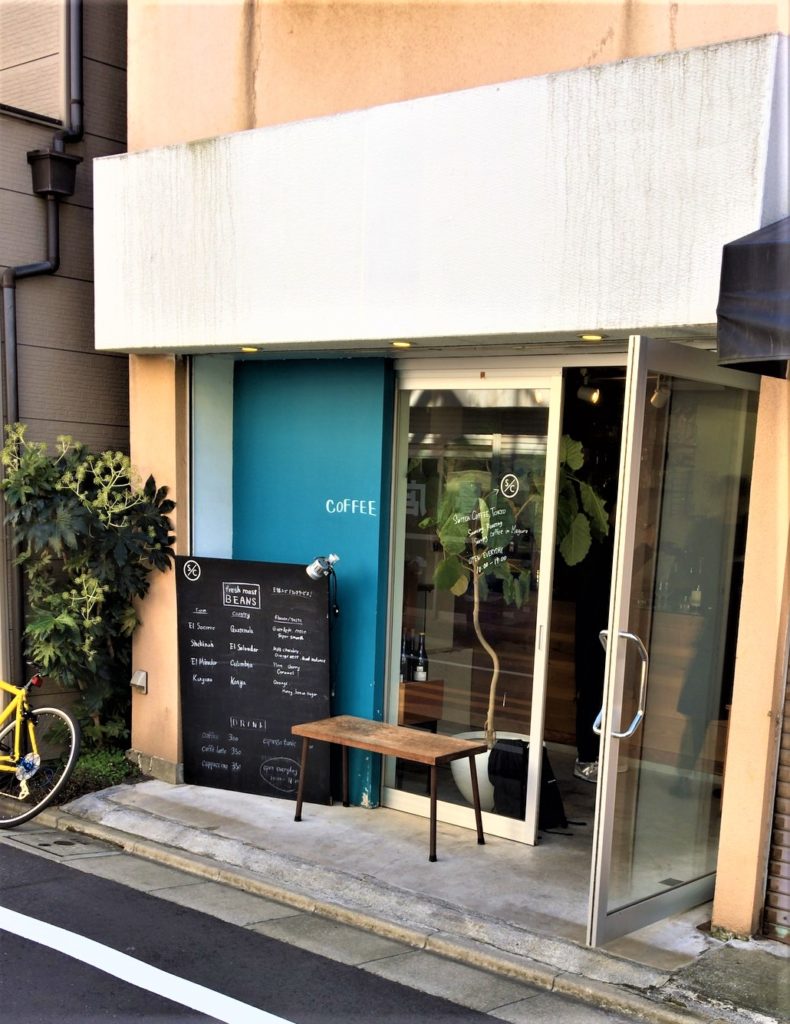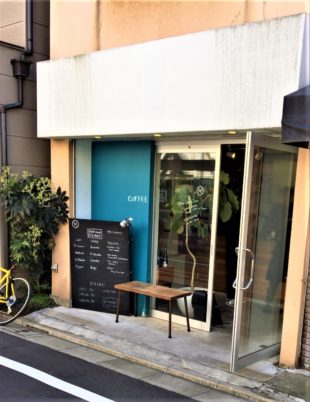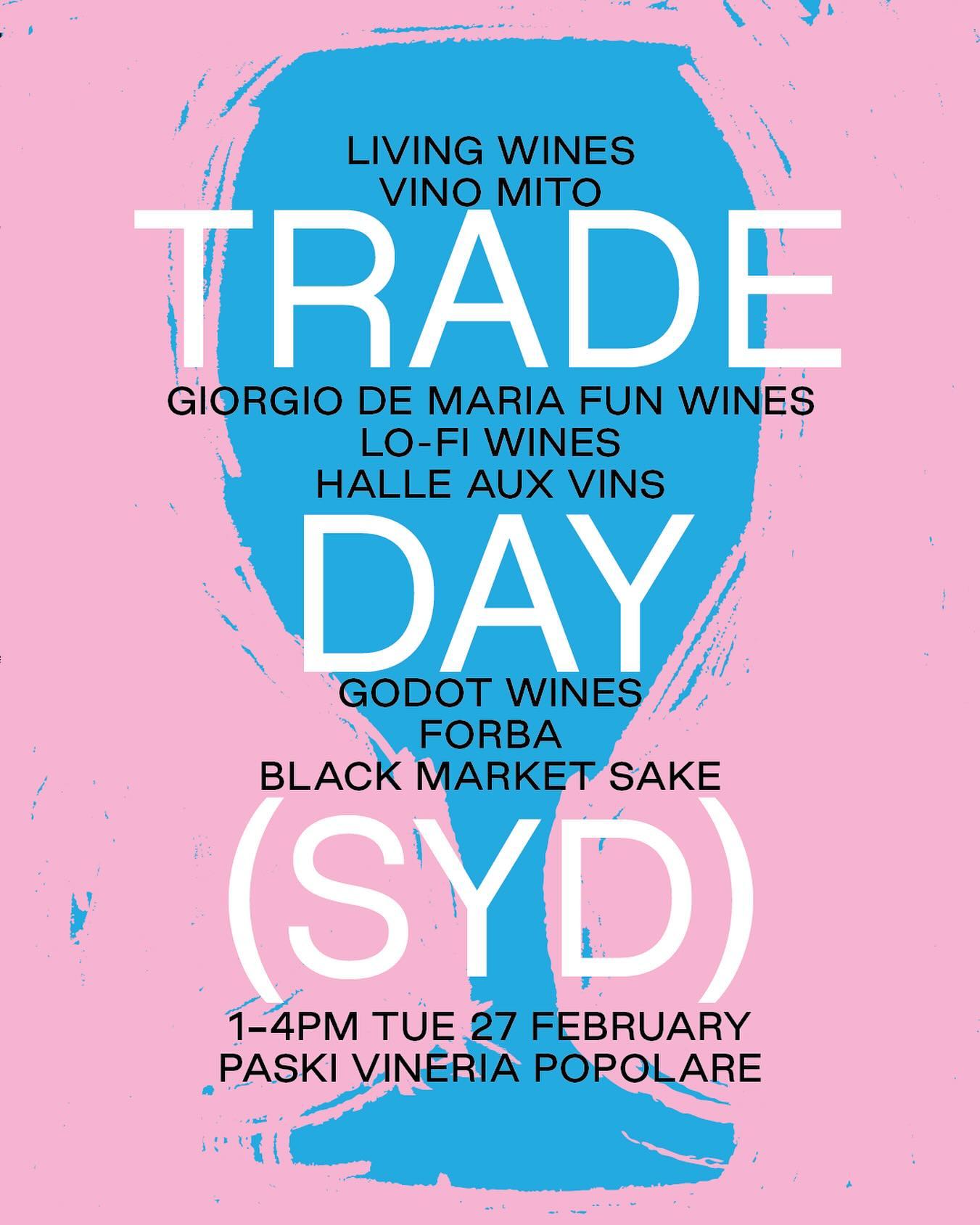Switch Coffee – Introduction
Switch Coffee is a small coffee shop and roastery in the Tokyo district of Meguro where you can drop in and enjoy an espresso, a milk coffee or a pour-over filter coffee all made with beans roasted on the premises. The proprietor is an engaging host with a good command of English refined during the time he has spent in Melbourne. You can also enjoy a glass of natural wine here – one of the owner’s passions.

The particular coffee available depends on the seasons, however during our visit there was a Villa Sarchi from Costa Rica, a full wash Catuai from Honduras, a Bourbon from Brazil and an SL28 from Kenya each of which you could buy to take the beans home.
On the day we visited Switch Coffee a special treat was in store for us. On the specials board was an Ethiopian Leku naturally processed coffee which is an unusual item to find in coffee places these days. We perhaps should explain the difference between the two main processing methods, namely natural processing and washed processing.
For thousands of years in Africa the fruit of the coffee plant was laid out in the sun so that the fruit would dry out and the seed inside the fruit could then be easily separated from the fruit. During the drying process many of the flavours of the fruit are absorbed by the seed. It is the seed (which is called a bean) that we roast to make the delectable brew that we call coffee.
In recent years it has become fashionable to use a different method of removing the fruit from the bean known as washing. The fruit is washed away by the water thus leaving a clean bean, but some of the more complex flavours are not absorbed due to the speed at which the fruit is removed. This produces a cleaner, more clinical coffee which has less risk for the processor of the coffee.
There is a good analogy with the two main ways wine is fermented. The natural process sees the fermentation carried out by the yeasts that are naturally on the grape skins. This process sees the wine fermented by many different types of yeast thus creating more complex flavours. The alternative is to kill off the natural yeasts by adding sulphur to the grapes and then adding bags of commercially-created yeast. This has the advantage to the winemaker of predictability but usually only involves one type of yeast thus reducing complexity.
Also, as the natural yeasts are increasingly being recognised as a key contributor to the concept of “terroir” the killing of the natural yeasts means that commercially-fermented wines are less reflective of the local terroir.
The same applies to coffee when the fruit is rapidly removed so that the beans do not have time to absorb the flavours of the just-ripened fruit.
There is a strong movement in the coffee industry to return to the natural ways of old, and as more people learn how best to carry out natural processing the better the natural beans are becoming.
This Leku was a case in point. It was remarkably pure and had a very compelling fruit flavour. We enjoyed it very much.
Whenever we have an espresso in a venue that also makes good filter coffee (like Switch Coffee) we love to have a filter “chaser” following the espresso. We decided on a coffee from Kenya which was delicate, fruity and very delicious.
We spent a most enjoyable hour at this first rate establishment and look forward to future visits whenever we are in Tokyo.
Additional information
Street: 1-17-23 Meguro
Town/Suburb: Meguro-Ko, 153-0063
City: Tokyo
Phone number: +81 3-6420-3633
Opening hours: Open 10am – 5pm, closed Wednesday
Switch Coffee has a good Web site, some of which is in English, here:
We hve also included this venue in our story about where to eat and drink in Tokyo here.






















